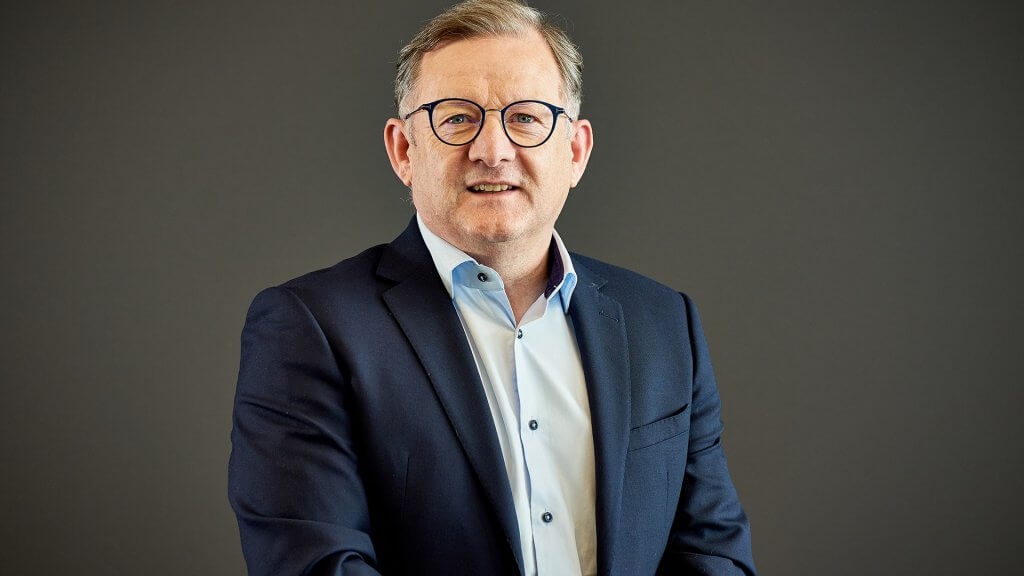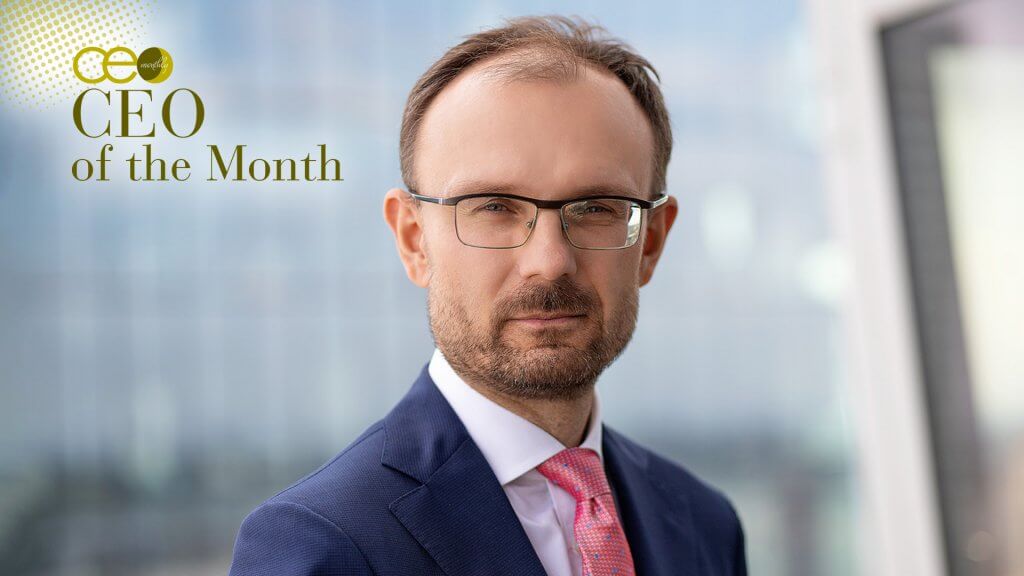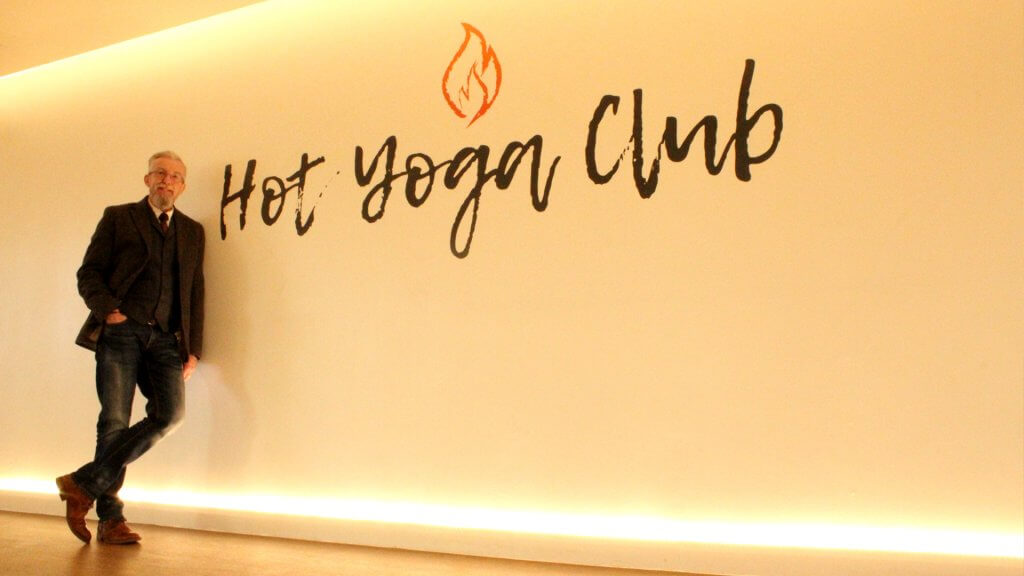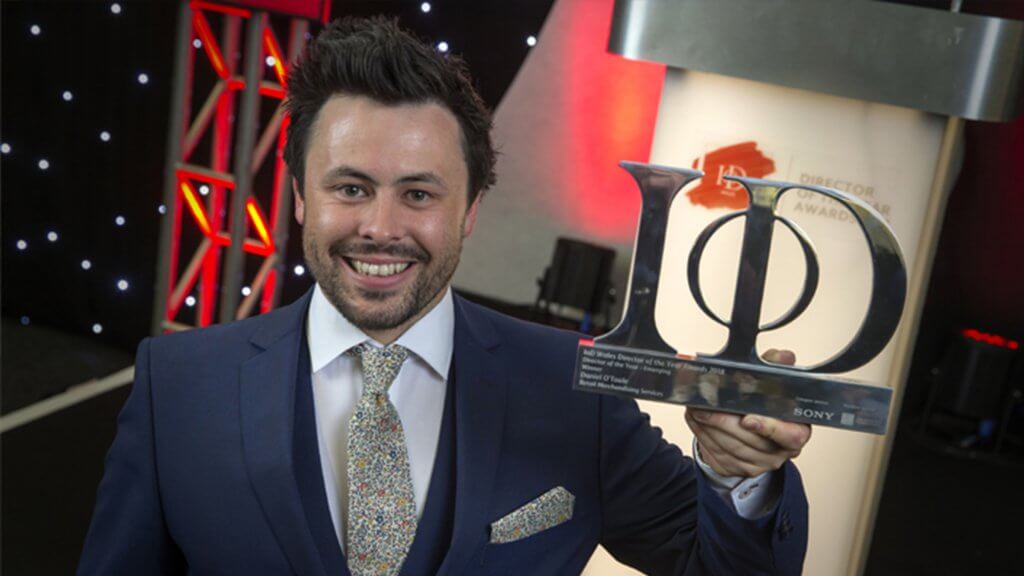Actor turned entrepreneur turned influential CEO, Joe Sernio has had a journey that many people would find extraordinary. For the last ten years, Mr Sernio has found himself at the head of one of the most exceptional firms offering a unique and op...
Explore In-Depth CEO Insights and Articles
Explore our extensive collection of articles featuring the latest insights, trends, and success stories from top business leaders. Stay informed with expert analysis and in-depth content that covers a wide range of topics in leadership and innovation. Browse now to stay ahead in the business world.

Browse Our Latest Articles
Explore the latest articles, featuring expert insights, groundbreaking innovations, and success stories from visionary business leaders. From leadership strategies to industry trends, our articles deliver the knowledge you need to stay informed and inspired. Dive in and stay ahead in the ever-evolving world of business leadership.
Operam Education Group has built an exceptional reputation in the education recruitment sphere through an ethos defined by resilience, dynamism and innovation. Following CEO Monthly’s recognition of CEO Eddie Austin’s significant achievements, we ...
Bernadette Nixon Brings Proven Company-Building and Deep Go-to-Market Experience to High-Growth Search-as-a-Service Leader
The world of PR and communications is one that is constantly changing – the extraordinary period since February 2020 is testament to that shift. To keep up with these developments, a business requires a leader who can adapt, who can influence and ...
As the COVID-19 emergency evolves, SME directors and owners are inspiring their teams, and charting as clear a course out of this public health and economic crisis as they possibly can.
So often do members of the various departments in a business have a narrow view of the company as a whole. This can have a detrimental effect on staff productivity and company culture, and is something that business leaders should be tackling. Cre...
In each issue of CEO Monthly, we seek to highlight those individuals who have made a tangible impact on their businesses by being outstanding CEOs. March sees Robert Kubin take the spotlight, for his work as part of Polish insurance group PZU, and...
Every breakthrough, every goal, every moment of corporate brilliance begins with a vision. That is the belief of the team at Keysight Technologies, instilled in them by CEO of the Year 2019 – The USA, Ron Nersesian. To discover how the firm and it...
Jamie Beaton, CEO of Crimson Education, reveals how he started his £200 million education business. He discusses the challenges he has overcome and shares his successes.
Lightspeed Research, now part of Kantar, are in the market for leading market research, driven by a need to understand ‘truth through data’. Earlier this year, CEO Monthly recognised Lightspeed Research’s Global Chief Executive Officer, Caroline F...
Peter Williams is the Managing Director of premium health, fitness & wellbeing centre The Thames Club.
Founded in 2005 by visionary retail expert Peter O’Toole, RMS has consistently grown year on year to become one of the country’s leading merchandising companies for many of the top retailers throughout the United Kingdom. Following the passing of ...











